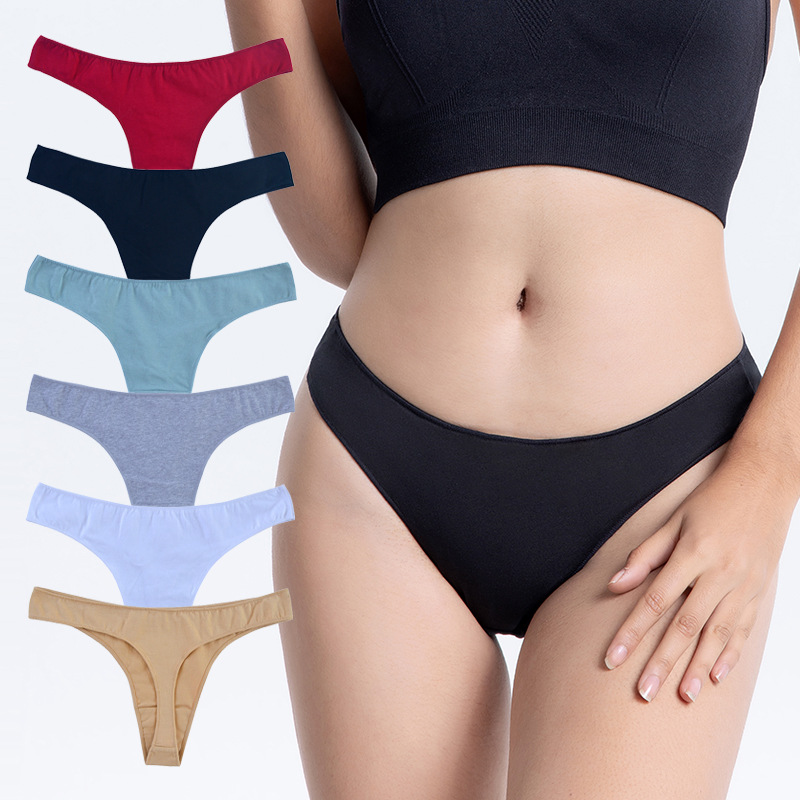
The Period Pro: Do Professionals Prefer Period Underwear? Why or Why Not?
For many women, menstruation can be a source of anxiety and discomfort. Heavy flows, embarrassing leaks, and socio-cultural stigmas often accompany this natural part of life. To alleviate these issues, a new generation of period underwear has emerged, promising to revolutionize the way women manage their periods. Among these innovative products are period pros, designed to provide comfort, protection, and confidence for those on their monthly cycles. But do professionals prefer period underwear? Let’s dive into the world of menstrual products to find out.
What are Period Underwear?
Period underwear, also known as period pros, are specialized undergarments designed to absorb and manage menstruation. They differ from traditional tampons or sanitary napkins in their absorbent properties and flexibility. Made from breathable, moisture-wicking materials, these undergarments can absorb and distribute blood evenly, reducing the risk of leaks and odors. Some popular brands include Thinx, Lunapanties, and Party. They come in various styles, such as high-waisted, boyshort, and string, offering a range of comfort and support for users.
Do Professionals Prefer Period Underwear? Why or Why Not?
Gynecologists, obstetricians, and other healthcare professionals often advocate for period underwear as a preferred method for managing menstruation. Dr. Rachel Rubin, an ob-gyn at the Boston Women’s Health Collective, notes, "Period underwear can be an excellent option for women experiencing non-apt spills, heavy flows, or those who prefer a more natural approach to menstruation management." She emphasizes that these products can reduce the risk of Toxic Shock Syndrome (TSS) associated with tampon use and minimize the environmental impact of disposable products.
On the other hand, some medical professionals remain skeptical about the effectiveness of period underwear. Dr. Catherine Seiler, a reproductive endocrinologist at the University of California, Los Angeles (UCLA), believes that "while period underwear can be a useful addition to a comprehensive menstrual care routine, they are not a substitute for proper hygiene and adequate barrier protection." She cautions that these undergarments may not adequately address severe bleeding or fluid buildup, potentially leading to compromised feminine health.
What Do Professionals Love About Period Underwear?
Several benefits contribute to their growing popularity among professionals:
- Comfort: Period underwear offers a unique, seamless fit, reducing irritation and discomfort often associated with traditional menstrual products.
- Absorbency: The advanced absorbency technology in these undergarments can manage moderate to light flows, providing peace of mind for those experiencing heavy bleeding or spotting.
- Sustainability: Eco-conscious professionals appreciate the reduced environmental impact of period underwear, which requires less packaging and fewer disposables.
- Invisibility: Garments can be designed for discretion, allowing users to maintain a sense of anonymity and confidence during menstruation.
What Do Professionals Dislike About Period Underwear?
Some professionals have expressed reservations:
- Limited absorbency: Period underwear may not be suitable for heavy or prolonged bleeding, requiring users to supplement with additional products.
- Fit and comfort limitations: The design and fabrics used in period underwear may not accommodate all body types or preferences, potentially leading to discomfort or irritation.
- Cost and accessibility: Some period underwear products may be more expensive than traditional menstrual products, making them less accessible to those with limited budgets or financial constraints.
Conclusion
While professionals may have differing opinions on period underwear, these innovative products offer a unique alternative for managing menstruation. As the industry continues to evolve, it’s essential to consider the diverse needs and experiences of women, as well as the feedback from healthcare professionals. By combining traditional and modern methods, individuals can create a personalized approach to menstrual care, prioritizing their comfort, health, and well-being.





Leave a Reply